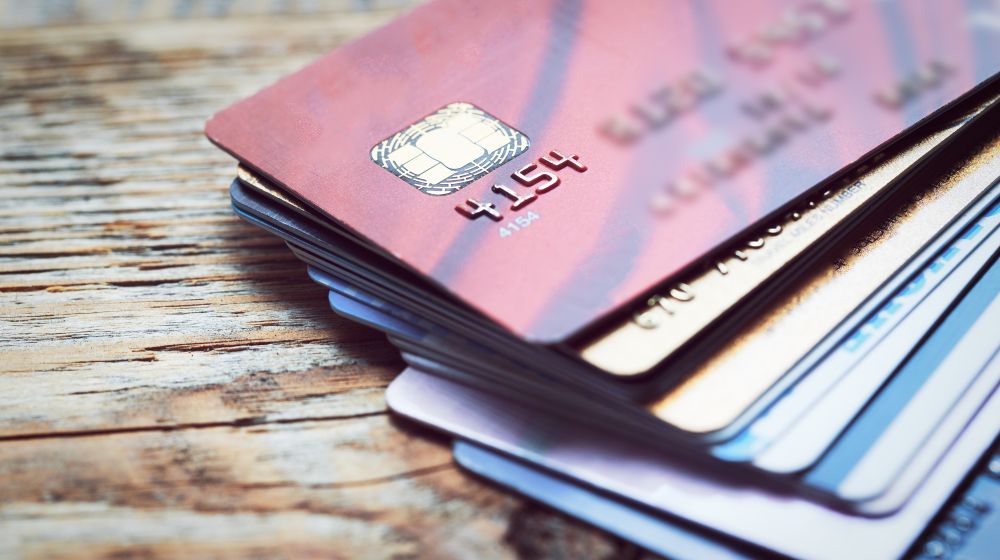All business bank accounts are not created equal. It can be well worth spending some time early on to find the best business bank account for your business. Switching bank accounts during the later stages of your business can be a painfully tedious process. All high-street banks offer accounts specifically for businesses, and so do a number of lesser-known banks such as Aldermore and Handelsbanken. Many now also offer a choice of branch and online accounts.
Most banks try to attract new business customers with various perks, so feel free check out what’s on offer. An initial free-banking period – between 1 and 2 years – is offered by virtually all banks. Some may also try and lure you in with free software trials, online advice videos from established entrepreneurs, and even access to exclusive business lounges.
None of this really matters, however – what is most important is what fees the bank will charge you once the free banking period is over. Some levy a monthly account fee; others don’t. Some will charge you for paying cheques and cash in for every cheque you write, some won’t, and some will charge a flat fee for a certain number of cheques paid in.
Just like overseas, one can easily get distracted by shiny promotions when opening a business bank account in the UK. Being an impulse buyer doesn’t pay off, and having too many perks usually means sacrificing something else of value in return. Most UK banks offer a variety of account options for both startups and small businesses.
Consider the practicalities
Determine how money will typically flow in and out of your business. Will payments be mostly made online by debit and credit card? Or will your customers mainly be paying in cash or by cheque, which will need to be physically taken into a bank?
Next up, decide whether you prefer doing your banking in person at a branch or online, or a combination of the two. Then, schedule an appointment with business account managers in at least three separate banks you’re considering. You’ll often come away with a pretty strong feeling about which one you prefer working with.
Finally, make sure you choose a bank which has a local branch near you. If you think your business is likely to relocate, choose a bank with lots of branches around the country. Ask how long it will take to open your bank account – some will do it in a few hours, while others can take up to ten days.
Do you need a business account?
It might be tempting to think you can just avoid all the charges banks levy on business accounts by simply running your business from your personal account. There are several reasons why that’s a bad idea:
- If you try to combine your personal and your business money all in one account, you are very quickly going to get into a hopeless mess trying to work out which money is for what, and who it belongs to.
- Even if you open two separate personal accounts, the bank’s small print states that you must not use it for business purposes, and it reserves the right to close the account if it discovers that you are.
- Limited companies are obliged to have a business account by law because they need to inform their bank of who the directors of the company are and file their accounts each year.
- You can’t put a name of your business on your personal bank account, only your own, which can look unprofessional either to your customers or your suppliers.
What you’ll need to setup an account
To open a business account, you are required to provide details including:
- Proof of identity – your passport or driving licence
- Proof of personal address – current bank or building society statement, utility bill or council tax bill
- Your Company House registration details (if you’ve started a limited liability company) and incorporation certificate
- Business address and contact details
- Details of debit and credit cards currently held
You will also be asked to provide an estimated turnover for the business, details of any shareholders and the amount you are personally investing in the business.
Top tip
Don’t neglect customer feedback. Make sure to do research into what other small businesses are saying about their business bank accounts. If a bank is generating more than its fair share of service complaints, it might be wise to avoid it.
